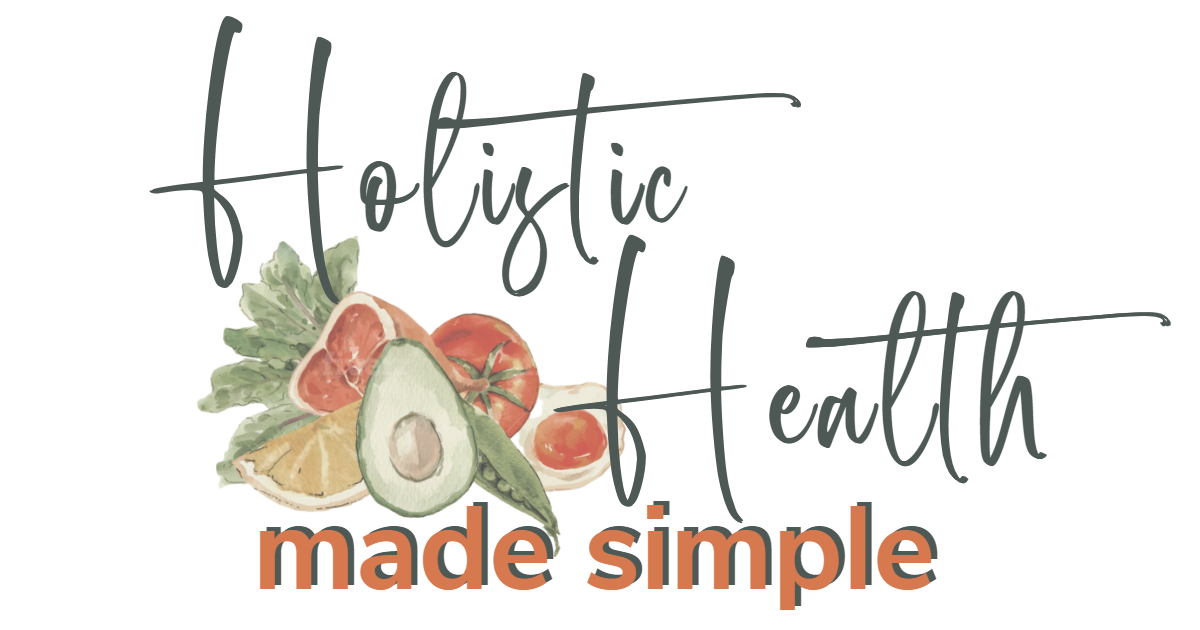Are you Identifying as your diet?
Let’s talk about diet identity and how our food choices can sometimes become intertwined with our sense of self. While it’s important to embrace healthy eating styles, it’s equally crucial to recognize when our attachment to these labels hinders our overall well-being. When we identify as our diet. Let’s explore the concept of food identity and how we can shift our focus toward holistic health.
The Pitfall of Food Identity:
Many of us adopt specific dietary styles, such as veganism, keto, paleo, or carnivore, in pursuit of health and success. These styles can indeed offer significant benefits, but problems arise when we become overly rigid in our approach and cling to these identities. We fear losing our newfound community and sense of self, even when our bodies are signaling that a change is needed. It’s crucial to understand that our diet is not our identity; it’s merely a tool for nourishing our bodies and living our best lives.
Embracing a Holistic Perspective:
To achieve true holistic health, we must first identify with our inner selves—our happiness, energy, kindness, and love. These qualities define us far more accurately than any dietary label ever could. While I’m not prescribing a specific eating plan in this blog, I encourage you to evaluate how your current food choices are affecting your overall well-being. If you find that your diet no longer supports your thriving health, it’s time to reevaluate and make adjustments accordingly.
The Power of Real Whole Foods:
One fundamental shift we can all make towards better health is moving away from processed foods. Regardless of your dietary preference, prioritizing real, whole foods in their natural form is crucial. Start by eliminating processed junk from your diet and focus on consuming fruits, vegetables, and animal products that haven’t undergone excessive processing. This doesn’t mean you have to eliminate all processed foods forever; rather, it’s about shifting the balance towards whole, nourishing options.
Listening to Your Body:
If you’re following a specific dietary style and begin experiencing health issues, it’s essential to listen to your body’s signals. For example, if you’ve been on a carnivore diet but your gut health isn’t optimal, consider incorporating some plant matter or carbohydrates to support your gut bacteria and hormonal changes. Similarly, vegans should be mindful of potential nutrient deficiencies and ensure they’re obtaining essential vitamins and minerals. Remember, there is no one-size-fits-all approach; it’s about finding what works best for your unique body.
The Role of Food in Healing:
Food has incredible healing potential. By reevaluating our dietary choices and aligning them with our body’s needs, we can thrive with or without medication. While some conditions may require ongoing medical treatment, optimizing our nutrition can significantly improve our overall well-being. The key lies in whole, nutrient-dense foods that support our individual health goals. It’s crucial to understand that there is no superior eating style; what matters most is finding what truly works for you.
To Wrap it Up:
It’s time to shift our focus away from rigid food identities and embrace a more holistic perspective on wellness. By identifying with our true selves—happy, energetic, and loving—we can transcend the limitations of diet labels. Remember, food is fuel for our bodies, and our health should be our primary concern. Let’s listen to our bodies, make informed choices, and nourish ourselves with real, whole foods. Together, we can embark on a journey toward lasting well-being.

